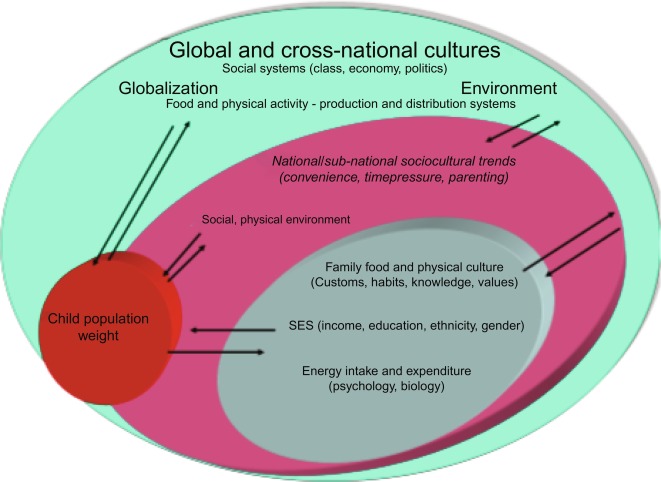Confronting Prejudice and Discrimination, The Science of Changing Minds and Behaviors, 2019, Pages 275-297
Global Mental Health and Psychotherapy, Adapting Psychotherapy for Low- and Middle-Income Countries, Global Mental Health in Practice, 2019, Pages 87-126
Introductory Immunology (Second Edition), Basic Concepts for Interdisciplinary Applications, 2019, Pages 123-131
Global Mental Health and Psychotherapy
Adapting Psychotherapy for Low- and Middle-Income Countries, Global Mental Health in Practice, 2019, Pages 341-362
Global Perspectives on Childhood Obesity (Second Edition), Current Status, Consequences and Prevention, 2019, Pages 105-116
Global Perspectives on Childhood Obesity (Second Edition), Current Status, Consequences and Prevention, 2019, Pages 351-361
Encyclopedia of Environmental Health, Second Edition, 2019, Pages 108-110


